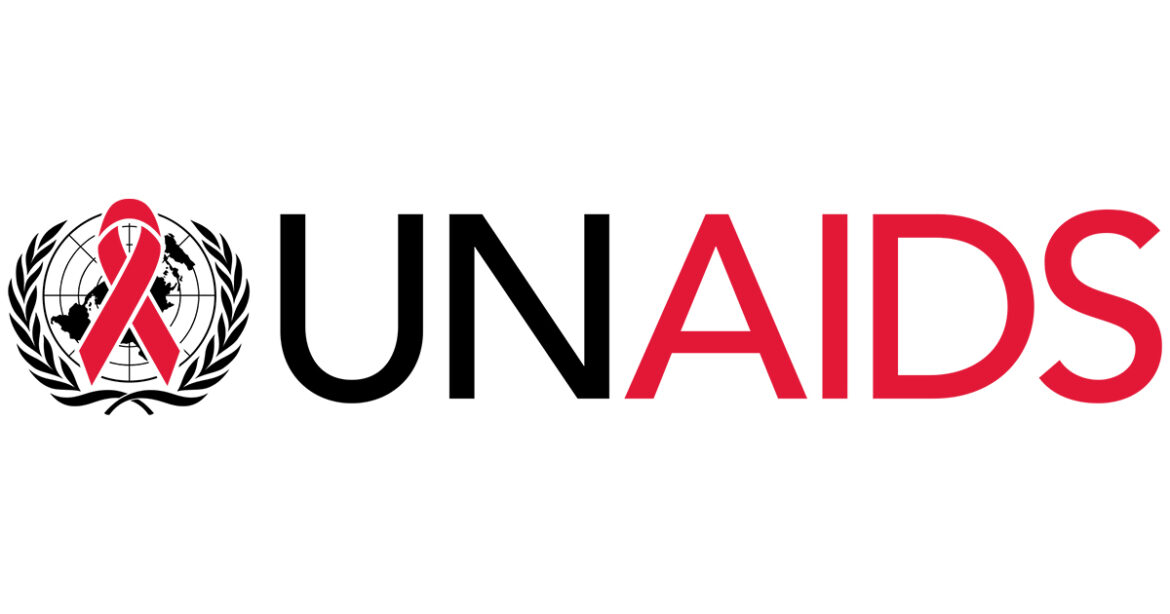By Zayamu Hassan
The Joint United Nations Programme on HIV/AIDS (UNAIDS) has called on the United Nations General Assembly to take advantage of the forthcoming High-Level Meeting on AIDS to commit to the targets ending AIDS in a new political declaration on HIV.
The meeting is scheduled to take place from June 8-10, 2021.
In a statement to showcase the report of 40 years of fight against AIDS, the UNAIDS Executive Director, Winnie Byanyima, said the world cannot afford to underinvest in pandemic preparedness and responses.
“I strongly urge the United Nations General Assembly to seize the moment and commit to taking the actions needed to end AIDS,” she said.
The UNAIDS, therefore, urged world leaders to adopt what it described as a bold political declaration on HIV at the UN General Assembly High-Level Meeting on AIDS, being held in New York and online next week, and to commit to achieving a new set of targets for 2025 to end AIDS by 2030.
The report, the statement said, indicated that countries with progressive laws and policies, strong and inclusive health systems have had the best outcomes against HIV.
In those countries, the report noted, people living with and affected by HIV are more likely to have access to effective HIV services, including HIV testing, pre-exposure prophylaxis (medicine to prevent HIV), harm reduction, multimonth supplies of HIV treatment and consistent, quality follow-up and care.
Commenting, the UNAIDS Executive Director, Winnie Byanyima, said: “High-performing countries have provided paths for others to follow.
“Their adequate funding, genuine community engagement, rights-based and multisectoral approaches and the use of scientific evidence to guide focused strategies have reversed their epidemics and saved lives. These elements are invaluable for pandemic preparedness and responses against HIV, COVID-19 and many other diseases.”
According to the report, globally, the number of people on treatment has more than tripled since 2010. In 2020, 27.4 million of the 37.6 million people living with HIV were on treatment, up from just 7.8 million in 2010.
The roll-out of affordable, quality treatment is estimated to have averted 16.2 million deaths since 2001.
Deaths have fallen in large part due to the roll-out of antiretroviral therapy. AIDS-related deaths have fallen by 43 percent since 2010, to 690 000 in 2020.
Progress in reducing new HIV infections has also been made, but has been markedly slower, a 30 percent reduction since 2010, with 1.5 million people newly infected with the virus in 2020 compared to 2.1 million in 2010.
The report underscored that countries with punitive laws and that do not take a rights-based approach to health punish, ignore, stigmatize and leave key populations, which make up 62 percent of new HIV infections worldwide, on the margins and out of reach of HIV services.
Young women in sub-Saharan Africa also continue to be left behind.
The report revealed that 6 out of 7 new HIV infections among adolescents aged 15–19 years in the region are among girls. AIDS-related illnesses remain the leading cause of death among women aged 15–49 years in sub-Saharan Africa.
“COVID-19 has shown the fragility of the health and development gains made over the past decades and has exposed glaring inequalities.
“To get the world on track to end AIDS by 2030, the global AIDS community and UNAIDS have used an inequalities lens to develop an ambitious and achievable strategy with new targets to reach by 2025.
“Ending inequalities requires HIV responses that can reach the populations currently being left behind.
“If reached, the targets will bring HIV services to 95% of the people who need them, reduce annual HIV infections to fewer than 370 000 and AIDS-related deaths to fewer than 250 000 by 2025.
“This will require an investment of US$ 29 billion a year by 2025. Each additional $1 of investment in implementing the global AIDS strategy will bring a return of more than $7 in health benefits,” says the statement.


